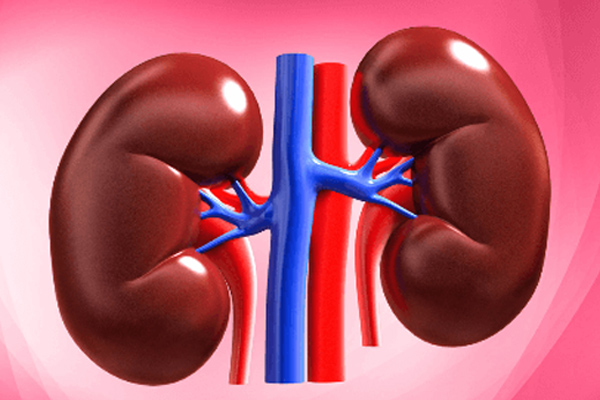
Nephrology is the subspecialty of internal medicine that focuses on the diagnosis and treatment of diseases of the kidney. Because the kidney performs so many critical functions, nephrologists maintain expertise in primary kidney disorders, but also the management of the systemic consequences of kidney dysfunction. Although the prevention and identification and management of early kidney disease is a large part of general internal medicine practice, nephrologists are usually called upon to assist and manage more complex or advanced nephrologic disorders.
Examples of conditions cared for by nephrologists include primary kidney disorders such as glomerular diseases (such as glomerulonephritis or the nephrotic syndrome), tubulointerstitial kidney diseases, tubular defects, and the effects of toxins on the kidney, including various diagnostic and therapeutic agents. Knowledge of disorders of the kidney vasculature (such as renal artery stenosis), infections and neoplasms of the kidney, and abnormalities of the kidney, collecting system and bladder (such as nephrolithiasis) are important aspects of nephrology practice.
A thorough understanding of the involvement of the kidneys in other systemic diseases (such as vasculitis or heart failure) is a primary role of nephrologists, and because of the central role of the kidney in maintaining blood pressure, nephrologists also possess expertise in the management of hypertension, particularly when difficult to control. Nephrologists also help in managing fluid, electrolyte, and acid-base disturbances, particularly those occurring in advanced kidney disease. A major role of nephrology is the oversight of dialysis (including hemodialysis and peritoneal dialysis) in patients requiring renal replacement therapy, and participation in the kidney transplant process, if indicated.
Many nephrologists work in individual or group practices seeing patients in consultation for other physicians and following patients with chronic kidney disease longitudinally. Nephrologists may also provide in-hospital consultation as part of their practice. Nephrologists also oversee dialysis units which may be associated with their own practice, may be free-standing, or affiliated with a hospital. Some clinicians maintain practices containing a mix of nephrology and general medical patients. In academic settings, nephrologists provide consultative and ongoing care in ambulatory and inpatient settings, perform basic science and clinical research in kidney diseases, and teach medical students and residents.
Nephrologists can work with you to help diagnose and treat the following conditions:
A nephrologist can also be involved when other factors cause kidney disease or dysfunction, including:
If you’re visiting a nephrologist, they may be involved in performing a variety of tests and procedures or interpreting the results.
A wide range of tests can be used to assess the function of your kidneys. These tests are typically performed on either a blood or urine sample.
In addition to reviewing and interpreting the results of your laboratory tests, a nephrologist may also perform or work with other specialists on the following procedures: